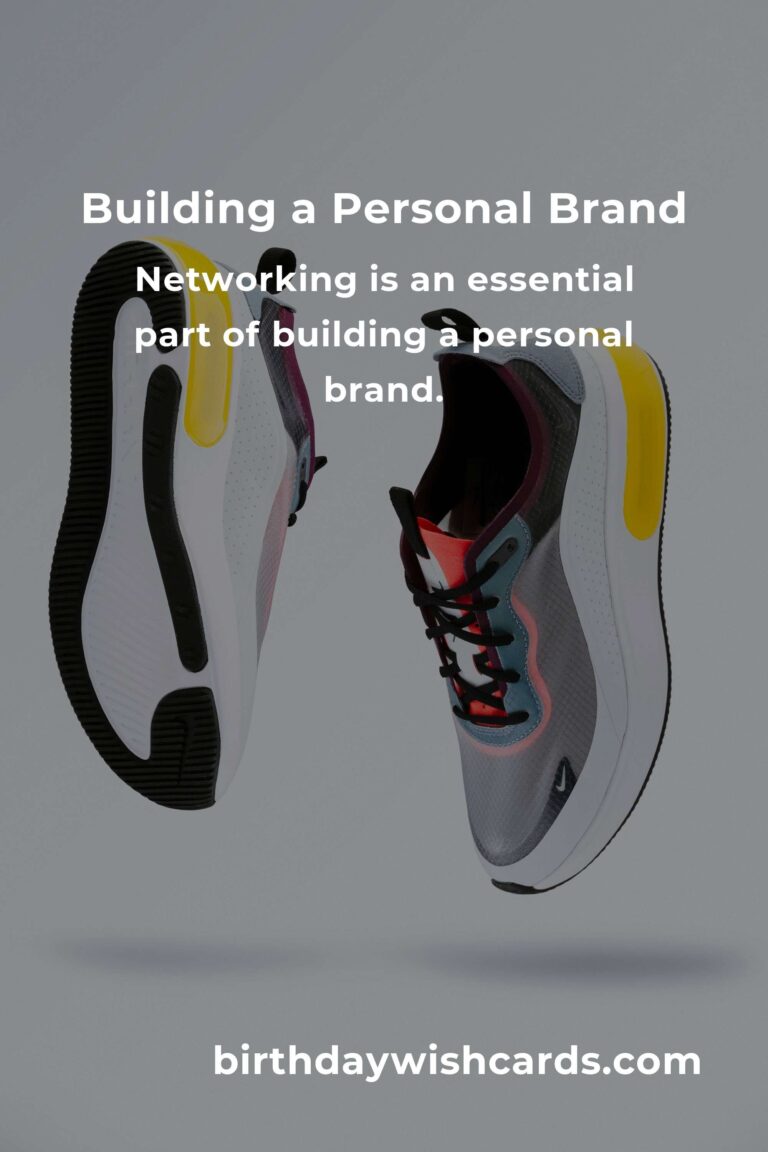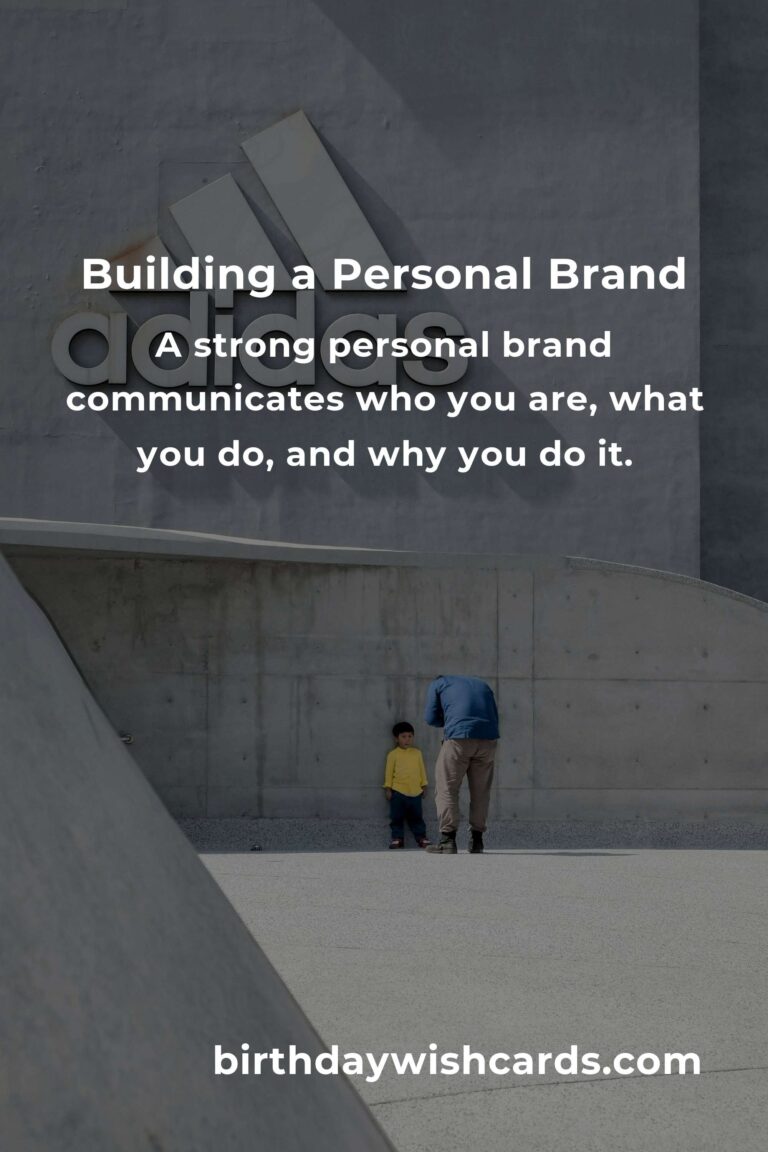
In today’s digital age, personal branding has become an essential aspect of professional development. Whether you’re an entrepreneur, freelancer, or corporate professional, building a strong personal brand can set you apart from the competition and open up a myriad of opportunities.
What is Personal Branding?
Personal branding is the practice of marketing yourself and your career as a brand. It involves creating a unique professional identity that reflects your values, skills, and professional experience. A strong personal brand communicates who you are, what you do, and why you do it, both online and offline.
Why is Personal Branding Important?
Personal branding is crucial because it allows you to differentiate yourself in a crowded marketplace. With the advent of the internet, the job market has become more competitive, and having a personal brand helps you stand out to potential employers, clients, and collaborators. It also helps to build trust and credibility, which are essential components of professional success.
Steps to Build a Strong Personal Brand
1. Define Your Brand
The first step in building a personal brand is to define what you want your brand to represent. Consider your passions, strengths, and values. What do you want to be known for? What are the unique qualities you bring to the table?
2. Identify Your Target Audience
Understanding your target audience is crucial for effective personal branding. Consider who you want to reach with your brand. Are you targeting potential employers, clients, or industry peers? Knowing your audience will help you tailor your messaging and content to meet their needs.
3. Create an Online Presence
Your online presence is a critical component of your personal brand. This includes your social media profiles, personal website, and any other online platforms where you might interact with your audience. Ensure that your online presence reflects your brand values and professional identity.
4. Consistent Messaging
Consistency is key when it comes to personal branding. Ensure that your messaging is consistent across all platforms and interactions. This includes your tone, visual style, and the core message you want to convey.
5. Network and Engage
Networking is an essential part of building a personal brand. Engage with your audience and industry peers through social media, professional events, and other avenues. Building relationships can help you expand your reach and influence.
Common Mistakes in Personal Branding
While building a personal brand can be highly rewarding, there are common pitfalls you should avoid. These include lack of authenticity, inconsistency, and failing to adapt to feedback. It’s important to be genuine and open to evolving your brand based on new insights and changes in your industry.
Conclusion
Personal branding is more than just a buzzword; it’s a strategic approach to career development in the modern world. By understanding the basics of personal branding and implementing the strategies discussed, you can create a powerful brand that resonates with your audience and propels you towards your professional goals.
Personal branding is the practice of marketing yourself and your career as a brand. A strong personal brand communicates who you are, what you do, and why you do it. Personal branding helps you stand out in a crowded marketplace. Consistency is key when it comes to personal branding. Networking is an essential part of building a personal brand.
#PersonalBranding #CareerDevelopment #ProfessionalGrowth













